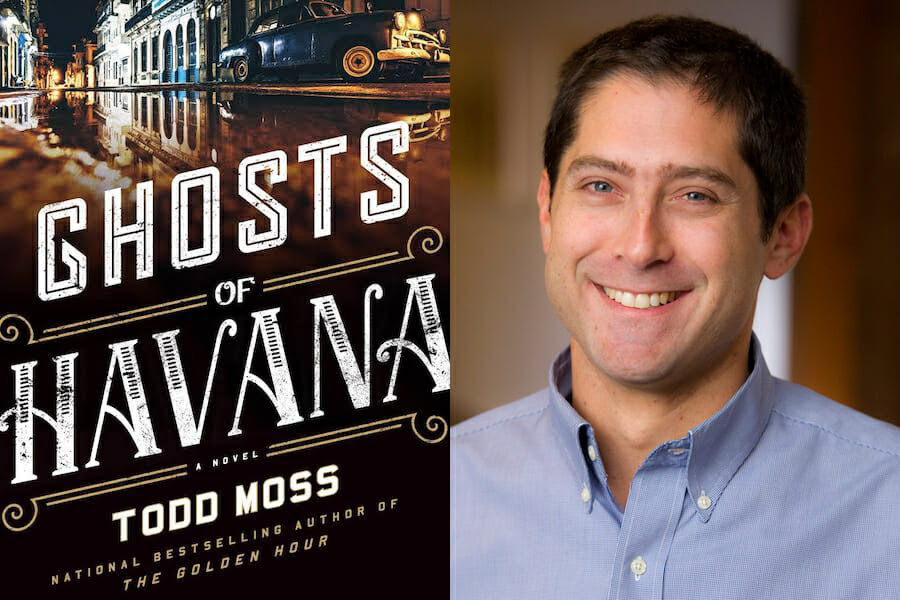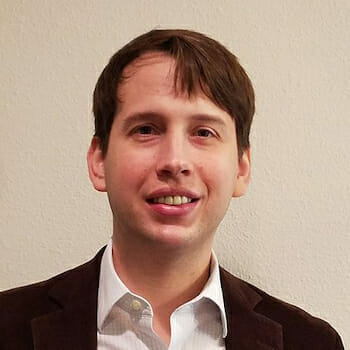
Books
Todd Moss on Books and Writing
Todd Moss is Chief Operating Officer and a Senior Fellow at the Center for Global Development, a think tank based in Washington, DC.
Ghosts of Havana, your third novel, will be published in September. Would you tell us a little bit about it?
The story opens with four dads from suburban Washington, DC sportfishing off the Florida Keys when they’re seized by the Cuban navy. Judd Ryker, a State Department crisis manager, is sent on a secret mission to try to get them back. But he quickly discovers that they may have been doing more than just fishing. Ryker has to figure out what’s really going on without derailing US-Cuba détente.
I actually started writing Ghosts of Havana the summer before President Obama announced that secret talks had yielded the release of an American hostage and a path to diplomatic normalization. I’ve integrated real world events, like the visit of the Pope, to keep it timely. I’m hoping that the re-opening of tourism to Americans will mean lots of people wanting to read smart thrillers set in Cuba.
You work full-time at the Center for Global Development, how do you find the time to write? Do you have a writing routine?
Yes, I keep a strict calendar with writing time scheduled very early in the morning, three days per week. That allows me to protect my writing time and also not let fiction bleed into my day job and nonfiction work. I wrote about my system here: How to Write a Novel and Keep Your Day Job.
Do you have any literary influences?
I was very much inspired by David Ignatius, a Washington Post columnist and thriller writer. His books are exciting and fun but also complex and utilize his insider knowledge of how the intelligence community works. I try to do that with diplomacy, drawing on my own experience inside the State Department.
What do you read for fun?
A mix of thrillers, African-themed novels, and lots of nonfiction. I’m trying to break a Twitter habit that keeps me from reading more.
What’s the best book you have read this year?
I loved The Cartel by Don Winslow, The Wolf of Sarajevo by Matthew Palmer, Americanah by Chimamanda Ngozi-Adichie, and Power Politics in Zimbabwe by Michael Bratton.
What advice would you give to aspiring novelists?
First, you have to sit in the chair and just finish. Even if I don’t write a word, I put the time in to think about my story and what’s next. Second, you have to do it for yourself and for the sheer fun of writing, not to become famous or (definitely not!) to get rich. Most of all, you have to have a thick skin and get used to being told no.
